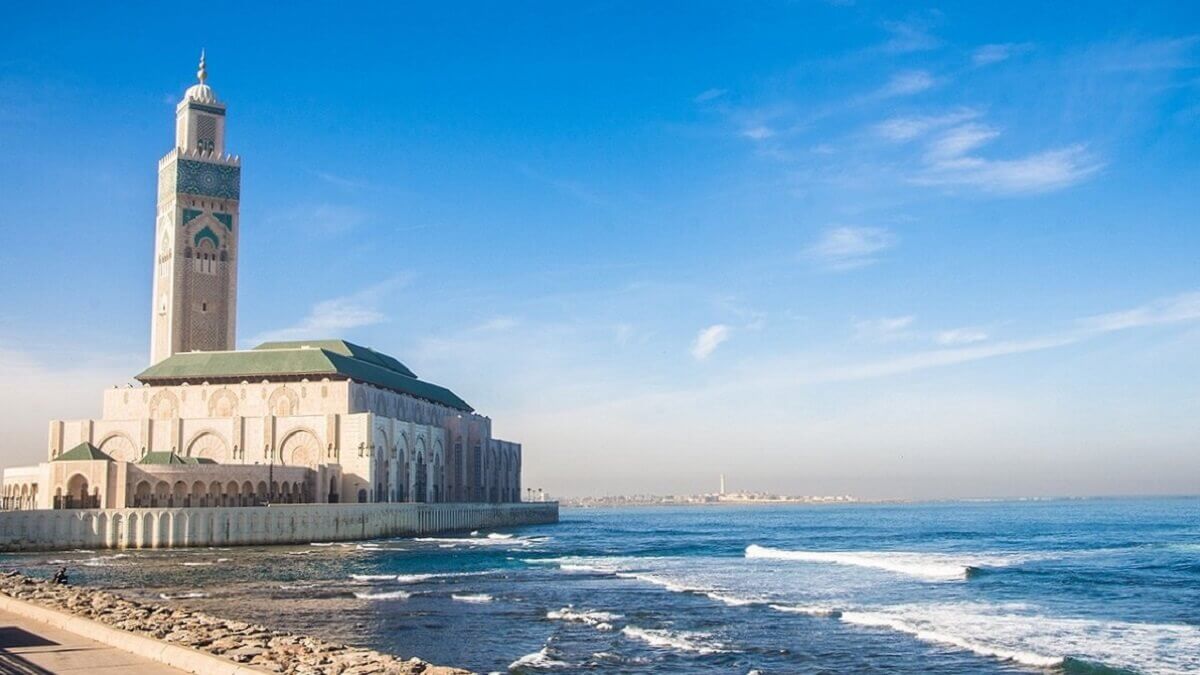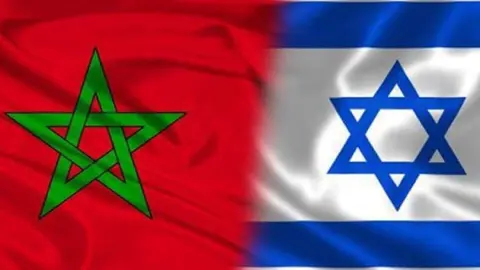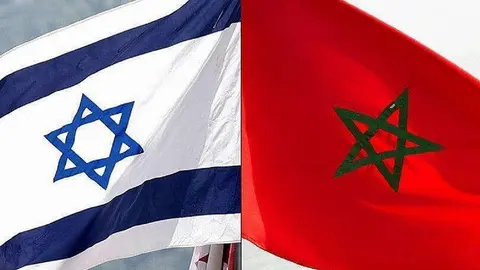Israeli Labour Party member spearheads visa waiver initiative to strengthen Morocco-Israel relations

Meir Masri, a leading figure in the Israeli Labour Party, holds a doctorate in geopolitics and is a lecturer at the Hebrew University of Jerusalem, has taken significant steps in advocating a visa waiver between Israel and Morocco. This proposal, presented in the Israeli parliament, the Knesset, aims to strengthen ties between the two nations. In an exclusive interview with TelQuel, Masri spoke of the historical significance of the project and the evolution of relations between the Kingdom of Morocco and the State of Israel.
The proposed visa waiver is of immense significance due to the historical connections between the Jewish people and Morocco. The protection that the Jerifian kingdom provided to Jews in their most difficult times and its subsequent role in facilitating peace talks between Israel and Egypt have left an indelible mark. Nearly a quarter of Israelis trace their origins to Morocco, so the bond is deeply rooted.

Meir Masri stressed that, beyond strategic alliances, the emphasis should be on interpersonal relations. He expressed his conviction that citizens of both nations can play an active role in improving the bilateral relationship. "It is in this spirit that we present our project," said Masri.
The progress of the visa waiver project has been encouraging. Masri expressed surprise at the positive reception from across the Israeli political spectrum, stressing that friendship with Morocco is a consensus that transcends party lines.
However, the path to achieving visa exemption faces certain challenges. As Masri pointed out, full diplomatic relations have not yet been established, as Morocco is still in the process of opening its embassy in Israel. Geopolitical complexities and regional pressures have slowed the pace of the process. Masri acknowledged that some regional and international actors remain wary of the burgeoning ties between the two nations.

As for his concerns about the Israeli political landscape, Masri noted that he is not a supporter of the current coalition led by Benjamin Netanyahu. However, he stressed that many politicians and members of the Likud party of Moroccan origin are strong supporters of normalisation. He believes that while the Israeli government's positions on certain issues may be uncomfortable or controversial, they would not significantly influence the strengthening of relations between the two countries.
As for the possible reception of a visa waiver by the Israeli population, Masri stated that many Israelis have a deep affection for Morocco. Despite the geographical distance, the historical and cultural closeness between the two nations continues to foster a strong bond. The visa waiver could pave the way for increased travel, business opportunities and cultural exchanges between the two countries.

As relations between Morocco and Israel enter their third year of normalisation, Meir Masri's efforts underscore the importance of people-centred initiatives to strengthen diplomatic ties. While challenges remain, the progress on the visa waiver proposal is a testament to the shared history and aspirations of both nations.











